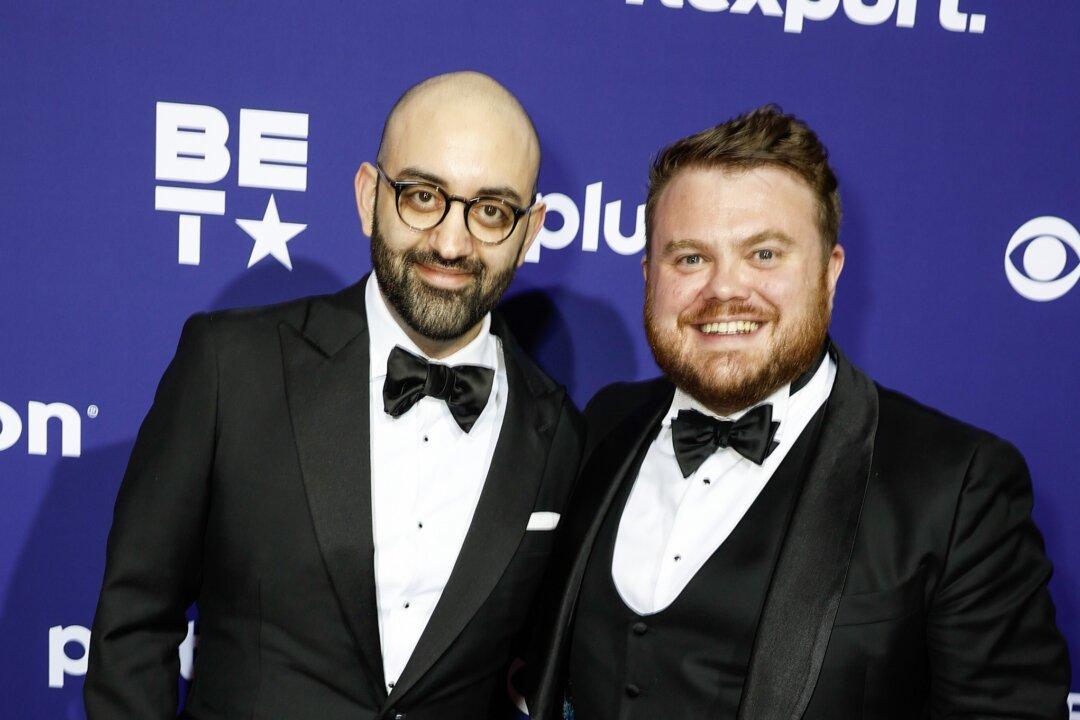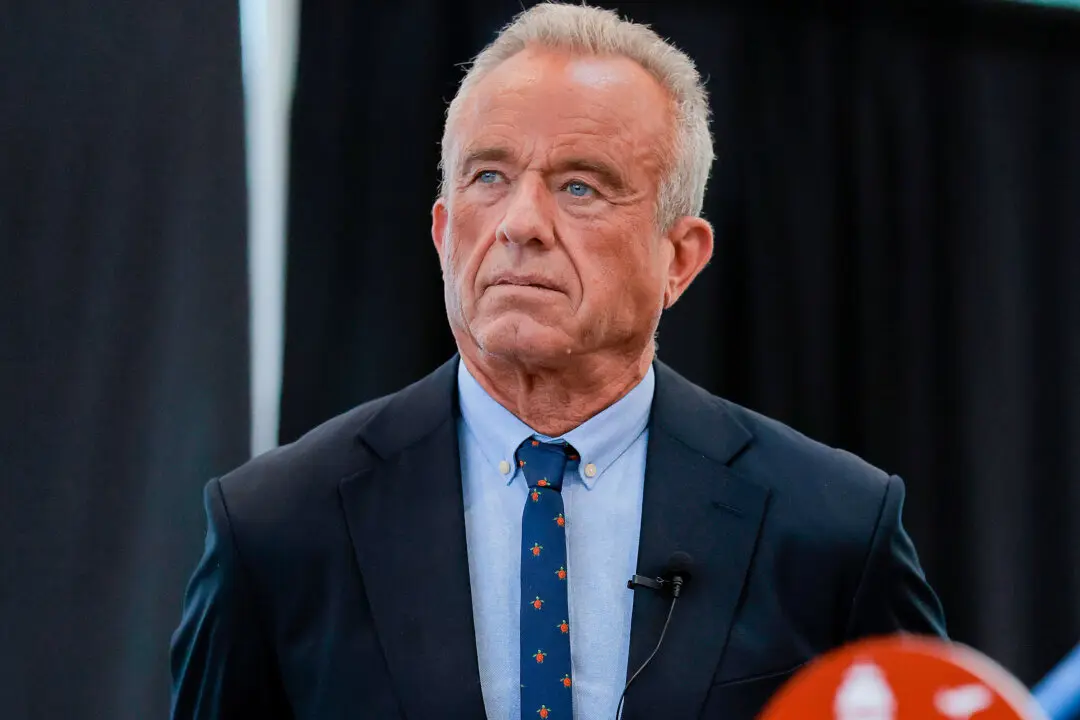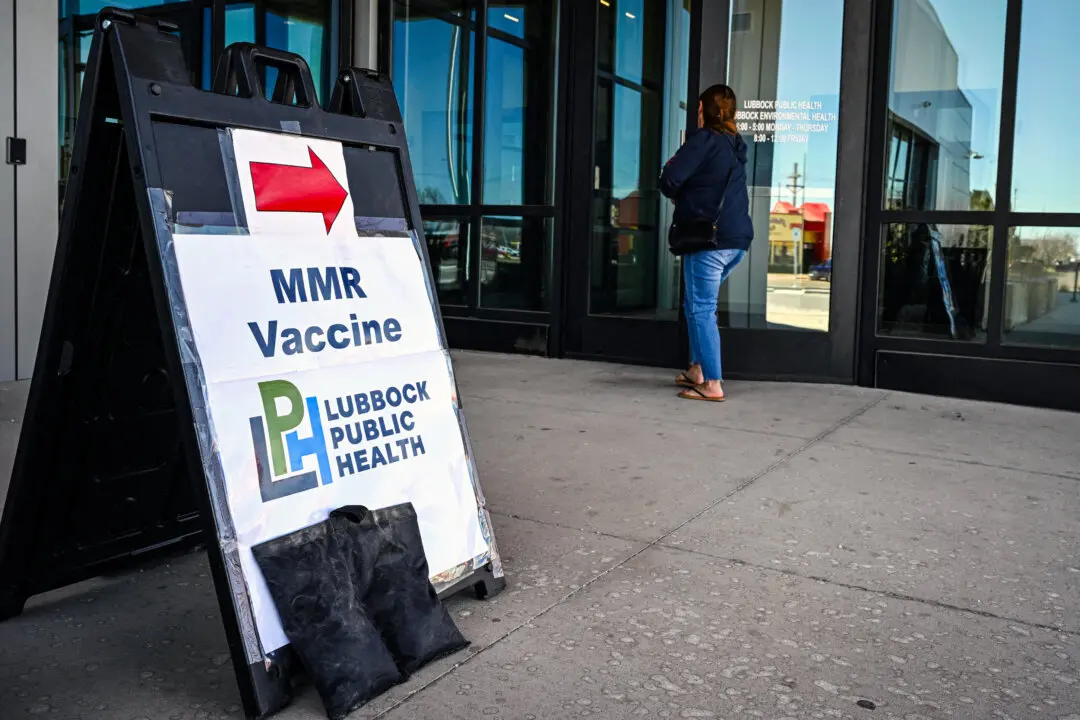Reporters helped Twitter develop products and shared intelligence on a major competitor, according to newly released internal Twitter files.
Reporters from NBC, Fox News, the New York Times, and Reason, including NBC’s Ben Collins, helped Twitter develop its Birdwatch “fact-checking” tool, according to one of the files.






